In 1945, on a Putney side street, in a city full of darkness and half in rubble from the Blitz, the 14-year-old Nathaniel and his sister are abandoned by their parents into the care of men they think may well be criminals.
Their father is still troubled as a result of the war; their mother close to stories from the present. Left to his own devices, Nathaniel sees the world in terms of shipping routes, and learns London’s geography (or an earlier form of it) by barging on the Thames with smuggled greyhounds. In a house full of odd comings and goings, and ‘dangerous with secrets’, his new confrères include an Aramaicist ethnographer, a lusty St Lucian pot-washer and a girl whom Nathaniel names, out of necessity, after the street on which they first met. ‘I found myself,’ he says, ‘within a confabulist pattern.’
It’s no great shock to learn that Nathaniel’s mother is a spy, at large in the ‘unauthorised and still violent war’ that echoed on until 1947 around the edges of the map (Trieste is mentioned). And so, a decade or more later, Nathaniel finds himself recruited to the Service, where he is officially tasked with some ‘correction’ of the wartime records. And naturally he tries to retrace his parents’ footsteps.
Michael Ondaatje is at his best when writing about awkward, quiet types, and ‘those at a precarious tilt’, and characters — especially narrators, — with dodgy memories. (M.O.’s m.o. — if you will pardon it — does well out of the fragmentary narrative). As Nathaniel’s work unfolds, however, ‘now and then there would be days in the archives when I’d come across information from distant events that overlapped’ — not unlike, one might think, the work of a historically interested novelist. Towards the end, ‘Nathaniel’ states, with valid confidence: ‘I know how to fill in a story from a grain of sand.’
Fans who get their fix from war-torn cities, tale-telling and score-settling, gramophone records, intriguing invalids, reading of the classics, women’s necks, interrogations, men who sing to themselves, English public schools, sketches tucked into books, betrayals, and characters with suspect names like Marsh Felon and Malakite will not be disappointed.
But ‘wars are not glorious’, Nathaniel is warned quite early on. And while this is clearly true in his case, readers of Ondaatje’s most famous novel — now shortlisted for the golden anniversary ‘Best of the Booker’ gong — could be forgiven for thinking that war has, at least once, been rendered somewhat glamorous. With winks to Libya, ‘Mr Florence’ and a crashing pilot (among others), it’s hard not to think of Warlight as an adroit and unromantic B-side to The English Patient.
Got something to add? Join the discussion and comment below.
Get 10 issues for just $10
Subscribe to The Spectator Australia today for the next 10 magazine issues, plus full online access, for just $10.
You might disagree with half of it, but you’ll enjoy reading all of it. Try your first month for free, then just $2 a week for the remainder of your first year.

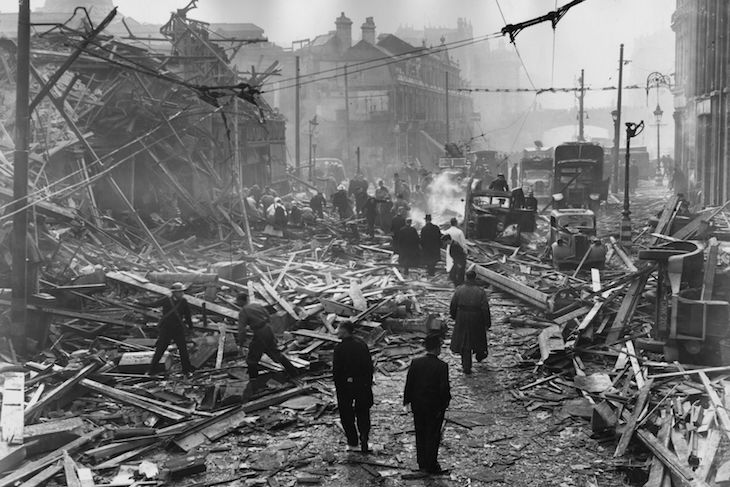


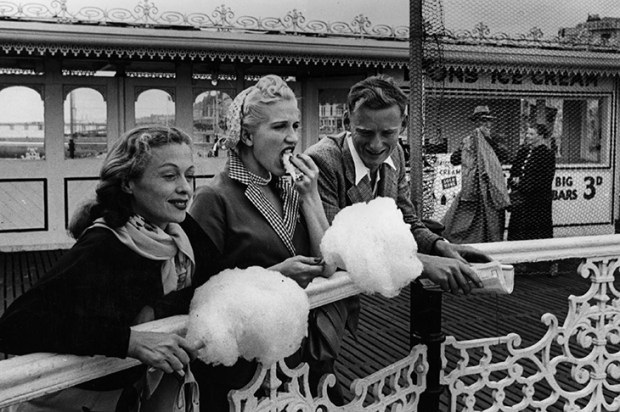
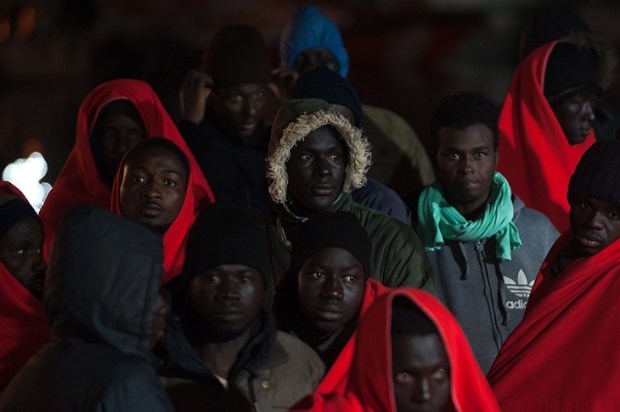
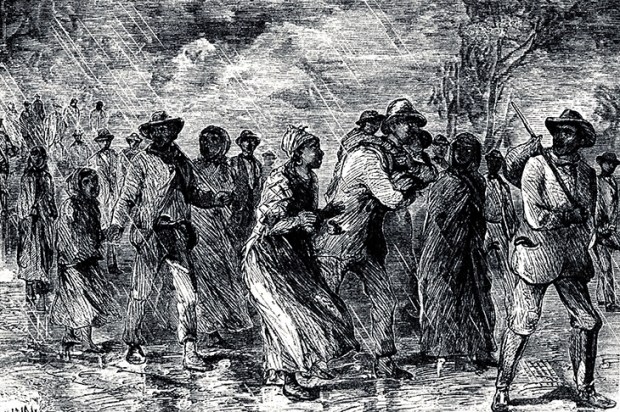
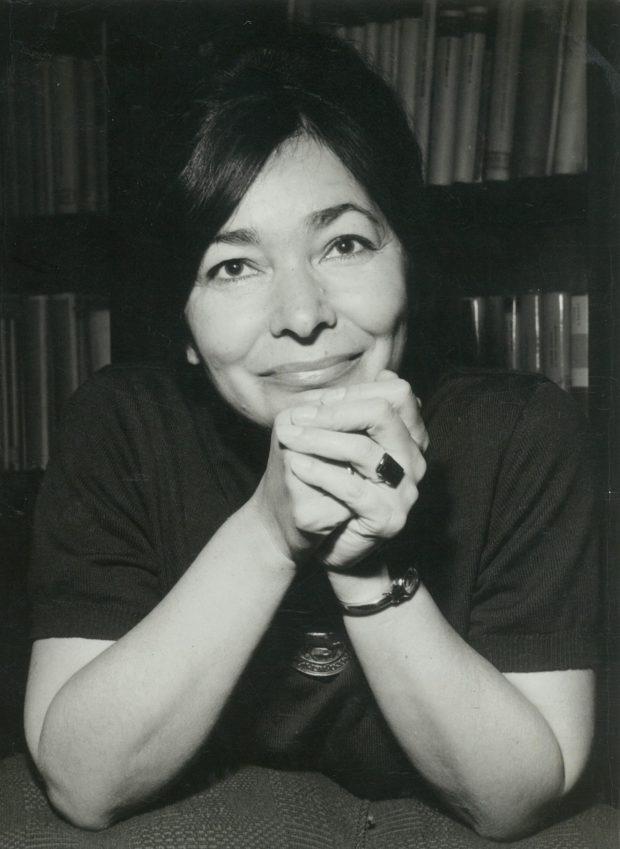






Comments
Don't miss out
Join the conversation with other Spectator Australia readers. Subscribe to leave a comment.
SUBSCRIBEAlready a subscriber? Log in